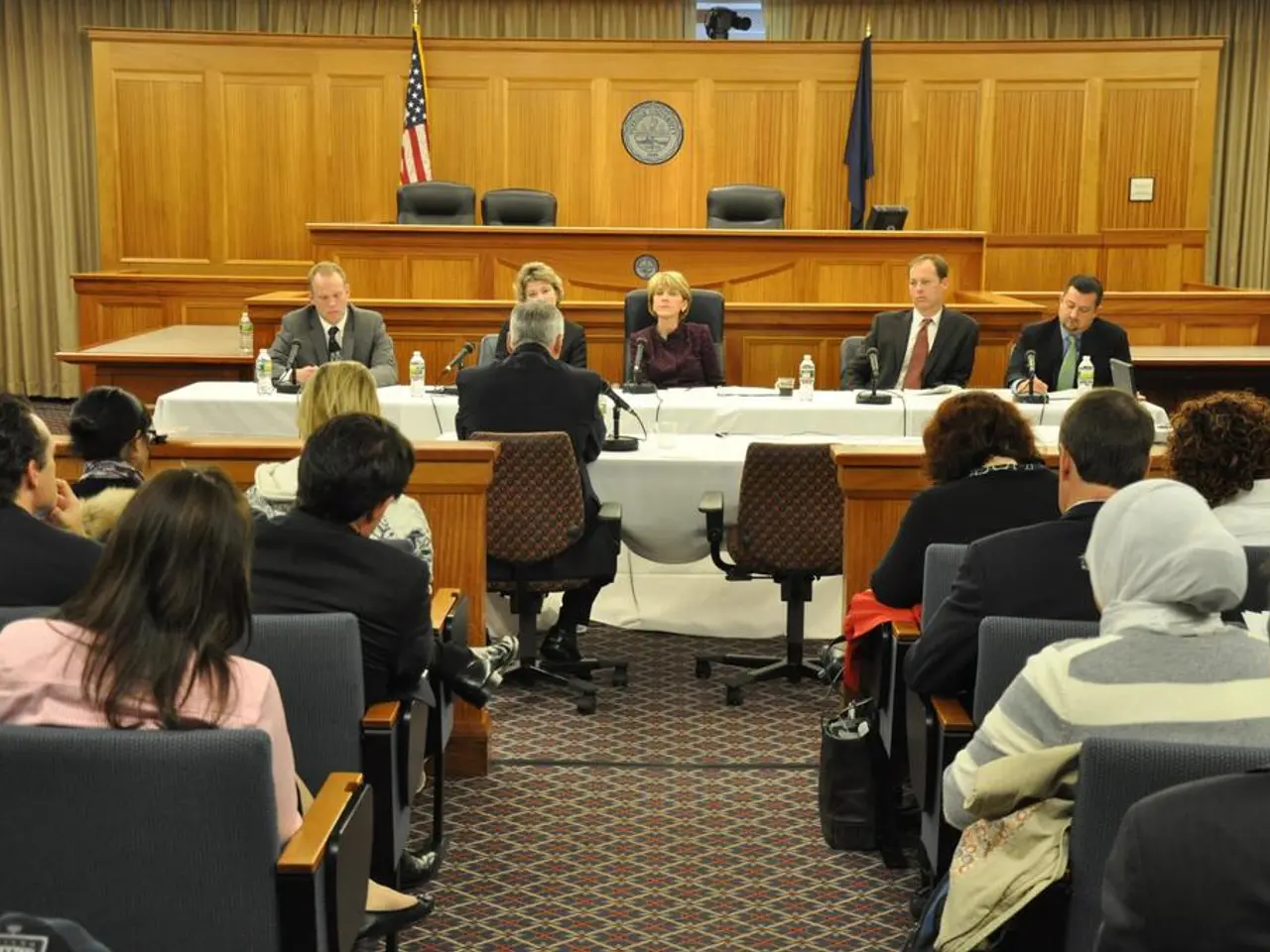Dialogue fostering Asean citizens' advocacy
The upcoming ASEAN Foreign Ministers Meeting (AMM) and Post-Ministerial Conference (PMC) are set to take place in the coming days, bringing together the foreign ministers of ASEAN member countries, along with dialogue partners such as China, Japan, South Korea, India, Australia, New Zealand, the US, Russia, the European Union (EU), the UK, and Canada. These meetings play a pivotal role in promoting the region's interests by serving as key platforms for ASEAN member countries to coordinate policies, deepen cooperation, and address both intra-regional and external challenges collectively.
The decisions and deals made during these meetings will significantly impact various aspects of daily life in the 10 member countries. ASEAN has benefited significantly from partnerships, as they have helped reduce tensions and promote peace and prosperity. The engagement with dialogue partners, like the EU, allows ASEAN to influence agendas in its favor, such as balancing US-China ties and working on digital standards.
At meetings like the 58th AMM, ministers focus on implementing strategic decisions from higher-level summits such as the 46th ASEAN Summit, which set long-term visions like the ASEAN 2045 Community Vision spanning politics, security, economics, culture, and connectivity. These meetings accelerate concrete initiatives (e.g., ASEAN Digital Economy Framework, ASEAN Power Grid, carbon neutrality) that drive sustainable growth and integration in the region, reflecting ASEAN’s proactive leadership despite global geopolitical uncertainties.
ASEAN emphasizes unity and self-reliance amid shifting global "fault lines" and geopolitical "inflection points," particularly in the Indo-Pacific. By consolidating a common approach on issues like maritime disputes (notably in the South China Sea) and fostering peace through diplomacy and rule of law, ASEAN strengthens regional stability and resilience. The consistent reaffirmation of its central role in regional stability and inclusive collaboration is critical to maintaining peace and security in a complex geopolitical environment, especially with the intensifying US-China rivalry affecting the region.
Dialogues with external partners during and after ASEAN ministerial meetings contribute to enhancing peace and prosperity in member states. These engagements facilitate economic cooperation, open markets, improve connectivity, and encourage cultural exchanges that benefit ASEAN citizens directly by improving livelihoods, creating jobs, and fostering social stability. The outcome of such dialogues influences policies that stabilize trade, address economic challenges like tariffs, and promote digital and green economies, which in turn improve infrastructure, access to technology, and environmental quality for people living in ASEAN countries.
By prioritizing neutrality and strategic diplomatic hedging in these discussions, ASEAN ensures that external power competitions do not disrupt the daily peace and development of its people, maintaining a conducive environment for growth and social progress. Through ASEAN+1, members of the bloc have regularly engaged with these dialogue partners on trade, energy, health, disaster relief, and many other issues. The reduction of tariffs and non-tariff barriers on Southeast Asian products has facilitated their export to China, with Chinese investments in transport and manufacturing sectors creating jobs in key sectors like electronics and agriculture.
In summary, the ASEAN Foreign Ministers Meeting and Post-Ministerial Conference are crucial for shaping and implementing collaborative strategies that safeguard the region’s stability and foster inclusive growth. The dialogues with external partners expand opportunities and safeguard interests, thereby positively impacting the everyday lives of ASEAN citizens by promoting peace, economic development, and regional integration. ASEAN continues to pursue engagements to address current and future cross-border challenges, such as global economic slowdown, transnational crime, and climate change, ensuring a peaceful, stable, and resilient Southeast Asia in line with its long-term blueprint - the ASEAN Community Vision 2045.
- The ASEAN Foreign Ministers Meeting and Post-Ministerial Conference, happening in the near future, will influence various aspects of daily life in the 10 member countries, addressing challenges in politics, security, economics, culture, and connectivity.
- The decisions made in these meetings can significantly impact the health, agriculture, business, and infrastructure sectors, driving sustainable growth and integration in the region.
- Engagement with dialogue partners, such as the EU, allows ASEAN to balanceUS-China ties and work together on digital standards, which may lead to reduced crime and enhanced cultural exchanges within the region.
- The ASEAN 2045 Community Vision, a long-term blueprint set in the 46th ASEAN Summit, is aimed at addressing global geopolitical uncertainties and fostering regional stability and resilience, especially in the face of the intensifying US-China rivalry.
- The dialogues with external partners contribute to maintaining peace and prosperity in ASEAN member states by facilitating economic cooperation, open markets, improving connectivity, and encouraging cultural exchanges, which can create jobs and improve livelihoods.
- By prioritizing neutrality and strategic diplomatic hedging, ASEAN aims to address cross-border challenges like the economic slowdown, transnational crime, and climate change, ensuring a stable and resilient Southeast Asia in line with the ASEAN Community Vision 2045.





